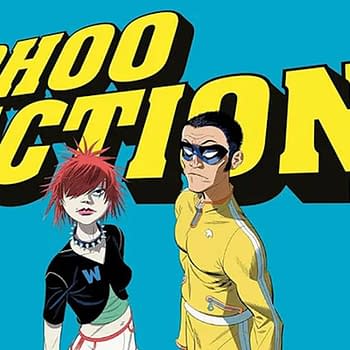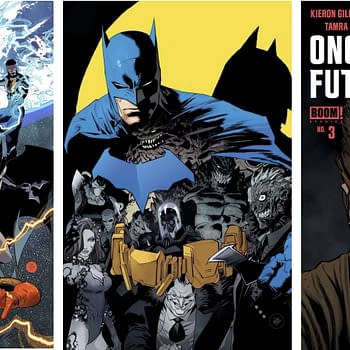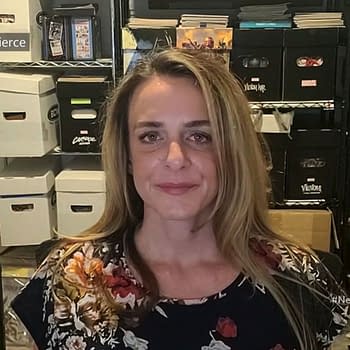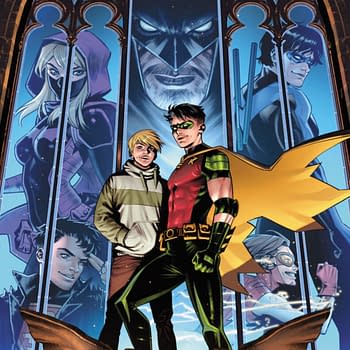Posted in: Recent Updates | Tagged:
Institute Of Contemporary Arts, Home Of ComICA, In Danger Of Closure…
To the comicognosti, the Institute of Contemporary Arts in London, slap between Buckingham Palace and Trafalger Square, has held host to the myriad of comic book events that make up ComICA.
Of course it is far more than that, a focal point for arts of all kinds in London, bringing in exhibitions and events from all over the world, from film to dance to painting to music to – well, whatever you can name. Founded in 1946, it popularised the very concept of modern and avant-garde art in London, and it has continued to strive in that fashion to the present day.
ICA hosted the very first art shows of the likes of Damien Hirst, Jake & Dinos Chapman, Luc Tuymans and Steve McQueen. It had the almost-debut of The Clash in 1976 and the Stone Roses in 1989 and debuted the likes of Scissor Sisters, Franz Ferdinand, Gogol Bordello, MGMT and Little Boots in London.
It even put on one of the early comics art exhibitions with pre-publication Jack Kirby artwork in the sixties.
And, as I mentioned, it plays host to ComICA, the world's largest English-speaking comics art festival, organised by Paul Gravett, exhibiting and staging events with everyone from Alan Moore to Ben Templesmith, David Lloyd to Woodrow Phoenix, Cameron Stewart to Robert Crumb. In that regard alone it is unparalleled.
And it's in danger of closing by May. The recession has crippled income and staff costs have to be reduced from £2.5 million to £1.5 million at a stroke to avoid instant closure.
The Guardian newspaper has seen minutes of a recent board meeting, highlighting the issues within the institute. And they talked to Alan Yentob, BBC Creative director and council board member of the ICA.
Yentob told the Guardian: "We've been managing a programme with a large staff running numerous individual projects. When trouble emerged and financial problems surfaced because of the recession it was as if we had been ambushed from every side."
Instead of several, often competing departments devoted to exhibitions, talks, or films and so on, three larger teams – one devoted to the artistic programme, one to finance and operations, and one to communications – will be created to "deliver a more integrated programme", said Eshun. He said that the organisation's renewed vision would "address the big questions and lead debate and enquiry into culture and the arts … We are here to bring together artists and audiences to ask questions about who we are and how we live."
And indeed, what we live on, it seems…












